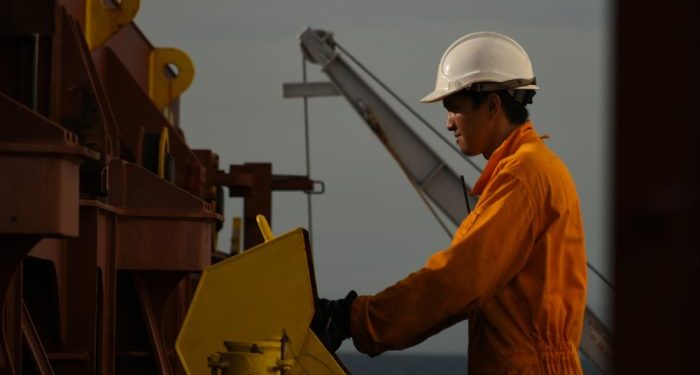Britannia Club recently reported on pivotal amendments to the MLC 2006, scheduled to take effect on December 1, 2024, following their adoption at the ILO 110th session. These amendments include revisions to regulations concerning recruitment and placement, repatriation, recreational facilities (including access to internet service onboard and at port), food and catering, and the disembarking of seafarers who require immediate medical attention.
The Maritime Labour Convention (MLC), also known as the “‘seafarers’ bill of rights,” sets out the minimum working and living standards for all seafarers employed on ships that fly the flags of ratifying countries.
Below is a summary of the 2022 amendments:
- Recruitment and placement: If recruitment and placement agencies, or shipowners don’t fulfil their employment agreement duties, causing financial loss for the seafarer, they should compensate through insurance or a similar method. Seafarers should be informed about such protection measures.
- Repatriation: Emphasises the prompt repatriation of seafarers including those abandoned, as defined in MLC 2006. Replacement seafarers should be given the same rights and entitlements as per MLC. The responsibility falls on the port state, flag state, and labour supplying country.
- Food and catering: Food and drinking water on ships should be appropriate in terms of quantity, nutritional value, quality and variety. This considers factors like the number of seafarers, their religious needs, cultural practices, and how long the voyage lasts. The updated standard now highlights the importance of considering seafarers’ religious requirements, cultural practices, and nutritional value when providing food and drinking water.
- Evidence of financial security financial Security: The provision of adding registered owner’s name, if different from the shipowner.
- Accommodation and recreational facilities/ access to shore-based welfare facilities: Shipowners should provide recreational facilities, amenities, and services on board ships to meet the unique needs of seafarers. Additionally, they may consider providing access to ship-to-shore telephone and internet, with charges being a reasonable amount if applicable. States, so far as is reasonably practicable, should provide internet service to seafarers in their anchorage or port, again with charges being only a reasonable amount if applicable.
- Medical care on board ship and ashore: States must ensure the immediate disembarking of seafarers who require immediate medical attention in their territory. In the event of a seafarer’s death, states should facilitate the repatriation of the body or ashes according to the wishes of the seafarer or their next of kin. Public health concerns at port should not prevent the disembarking of seamen or the replenishment of ships, such as stores, fuel, water, food and supplies.
- Health and safety protection and accident prevention: The death of a seafarer must be reported to the ILO by flag states.

































































